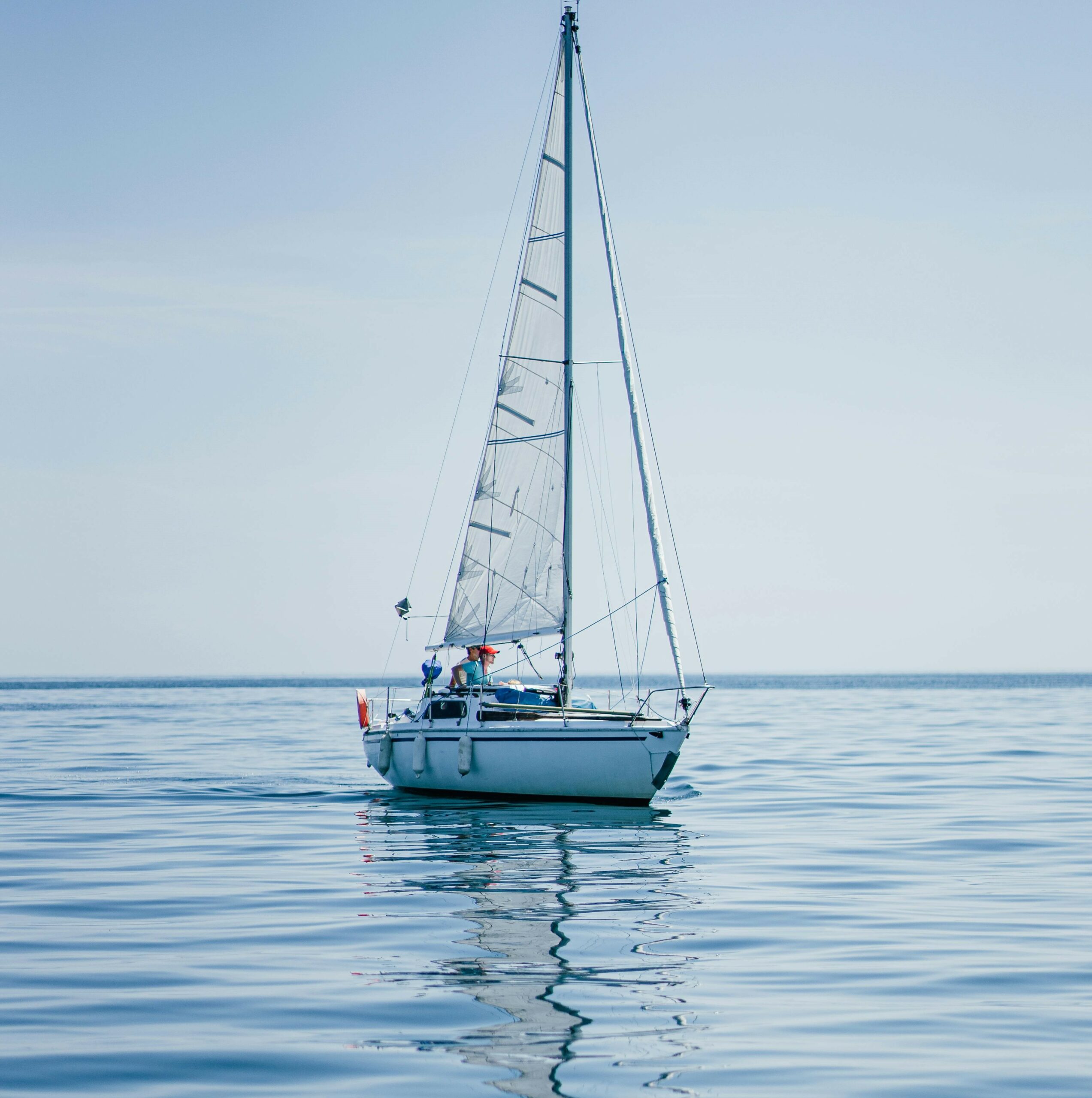Sustainable maritime resources growth in emerging countries, particularly those located along the coasts, holds enormous economic potential. If exploited responsibly and innovatively, these resources can play a crucial role in economic development, job creation, and environmental preservation. Here are some ways to unlock this potential.
1. Fisheries Resources: A Source of Food Security and Economic Growth
The oceans are rich in fisheries resources that, if managed sustainably, can enhance food security and boost local economies. Countries like Senegal and Ghana exemplify this, where fishing is a key economic activity. However, challenges such as overfishing and poor management of fish stocks remain concerning. Introducing advanced technologies to monitor these resources and stricter regulations could both preserve the environment and support local communities.
2. Achieving Sustainable Maritime Resources Growth for Economic Development
Coastal areas also hold significant potential for renewable energy, especially offshore wind and marine energy. Countries like Morocco and Chile have already invested in offshore wind farms. Southeast Asian nations and Pacific islands, on the other hand, have untapped potential for wave and tidal energy. These technologies offer an alternative to fossil fuels and can create new economic opportunities while preserving the environment.
3. How Sustainable Maritime Resources Growth Drives Development in Coastal Economies
Aquaculture is a rapidly growing sector in countries like Thailand, Vietnam, and the Philippines. However, for it to be sustainable, it must integrate environmentally friendly practices, such as reducing the ecological impact of fish farms. Technological innovations, such as the use of closed systems or more eco-friendly farming methods, are key to ensuring large-scale sustainable aquaculture.
4. The Importance of Port Infrastructure for Trade
Port infrastructure plays a crucial role in international trade. Many emerging countries are investing heavily in modernizing their ports. Egypt, with the expansion of the Suez Canal, as well as Nigeria and Kenya, which are modernizing their ports, are significant examples. These investments help boost regional and international trade, creating jobs and strengthening local economies.
5. Governance and Sustainable Development: A Challenge to Overcome
For the exploitation of maritime resources to be a true driver of economic development, strong governance that respects the environment is essential. Governments must establish public policies that protect marine biodiversity while responsibly exploiting these resources. It is also vital that local communities are involved in decision-making and that sustainability measures are integrated into economic strategies.
In summary, the exploitation of maritime resources in emerging countries presents a significant opportunity for economic development. However, it requires responsible management, innovation, and international collaboration to turn it into a driver of sustainable growth. If these challenges are met, maritime economies could become a fundamental pillar of sustainable development in the Global South.
